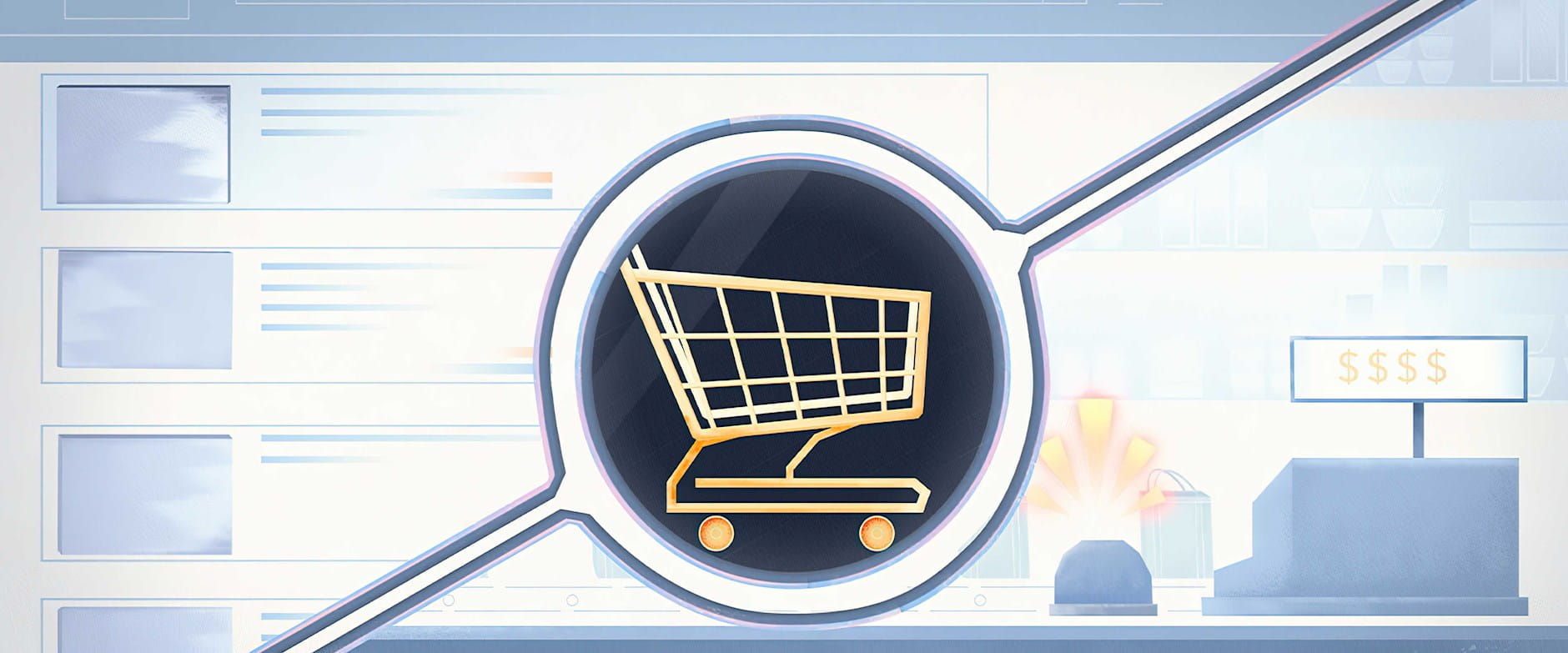E-commerce’s share of spending has tripled in the past decade. That has implications for many individual companies, both new and old, but it’s also relevant to something broader: price inflation. By constructing a Digital Price Index that approximates the US Bureau of Labor Statistics’ Consumer Price Index, Chicago Booth’s Austan D. Goolsbee and Stanford’s Peter J. Klenow find that inflation is lower online than it is in brick-and-mortar stores—a full percentage point per year lower from 2014–2017, and three percentage points per year lower when new products are factored in. The researchers suggest that this disparity, coupled with continued growth for e-commerce, could influence overall inflation levels in the economy and change how inflation is measured.
Your Privacy
We want to demonstrate our commitment to your privacy. Please review Chicago Booth's privacy notice, which provides information explaining how and why we collect particular information when you visit our website.
